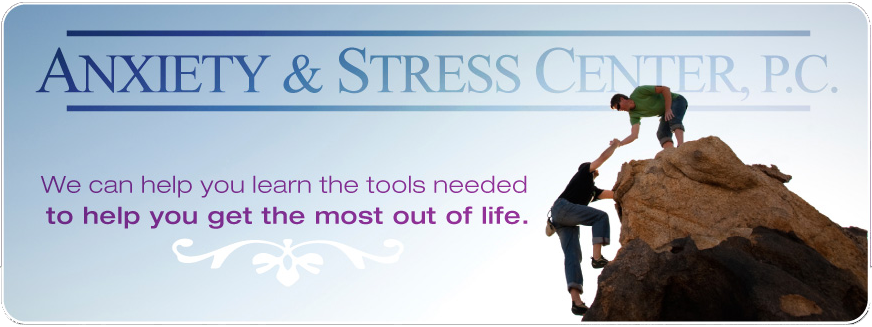One of the most memorable songs last year
was from the Disney movie Frozen. You may
have heard “Let it Go” I think it’s a lesson we should all incorporate. We can
simply choose to let go of the past and live a life with decreased anxiety. Especially
when we are lucky enough to get a fresh start.
Why would we bring along the stress?
No, no…let it go!
So here we are. It's a new year and the opportunity to make
lasting changes to lessen stress and anxiety. As you embark upon
decision-making and goal-setting, take a moment to reflect upon what you
need to achieve them. Here are few tips:
- Choose to believe in yourself
- Choose to make healthy decisions about your life
- Choose to talk difficult decisions over with someone
you trust
- Choose to learn from past mistakes and not to allow
them to stymie your growth
- Chose the path of self-acceptance and love
- Choose to ensure your needs get met as you meet the needs
of your loved ones
- Choose to take time for yourself
- Choose to be kind to yourself
Those are just a few things that
you may choose to intentionally incorporate into your new year.
There is one more suggested choice I'd like to offer you and could be essential
to reducing your stress and anxiety this year…the choice to leave the past
behind you.
You may choose to work with someone
who can assist you in developing a new level of understanding and
appreciation for your life experience(s) thus far. Doing so may require
that you forgive yourself for things you deem unfair or things may feel
responsible for before these thoughts and feelings grow internally and become
barriers to your daily functioning.
Lauren F. White, LCPC
Licensed Clinical Professional
Counselor
